The ridiculous myth that remote work stifles creativity is the favourite theme of the anti-remote work brigade. The office environment makes people ‘innovative, creative and full of ideas’ according to these guys.
Goldman Sachs CEO David Solomon said that working from home was “not a new normal” for the investment banking giant, calling it an “aberration.”
“I do think for a business like ours which is an innovative, collaborative apprenticeship culture, this is not ideal for us and it’s not a new normal,” Solomon said. “It’s an aberration that we’re going to correct as quickly as possible,”.
Boris Johnson the now ex-prime minister of the UK actively campaigned against remote work declaring that staff are “more productive, more energetic, more full of ideas” when in the workplace with colleagues. Sort of ironic when he spent the last few weeks of his premiership ..…you guessed it, working from home!
On the other side of the equation studies have found that employees feel more creative and more empowered by remote work and that people who may not do well in large face-to-face meetings can thrive in online meetings where they are less reticent to put their ideas forward. Workers also find that freedom from the wall-to-wall meetings and the constant interruptions that come with office culture allows them the time to think about and consider ideas properly. Research by Keith Sawyer, a psychologist specialising in creativity has indicated that ideas take time. He claims that “The flash of insight or “Eureka!” moment is rare or non-existent. Instead, innovation results from a series of sparks and events, both from individuals and groups, that finally culminate in a new idea.”
Traditional meetings don’t work
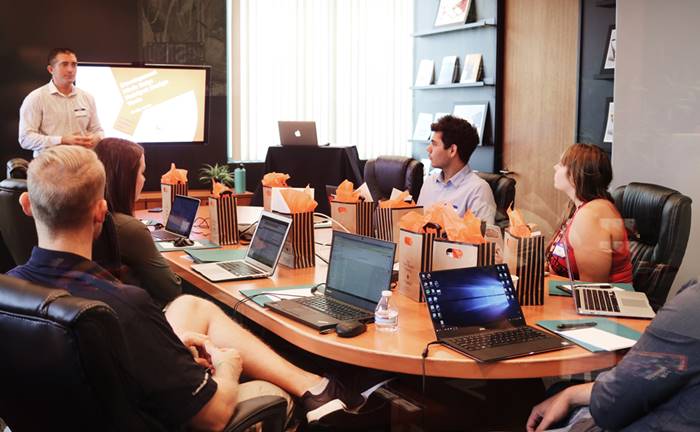
There’s a large body of evidence out there that suggests the traditional brainstorming approach that has been the basis of creative work in offices for many decades doesn’t work. A test by Yale University as long ago as 1958 setting a series of creativity puzzles to groups using brainstorming techniques and individuals working alone found the individuals came up with twice as many feasible ideas as the groups. Keith Sawyer has stated that “Decades of research have consistently shown that brainstorming groups think of far fewer ideas than the same number of people who work alone and later pool their ideas.” If you’ve sat in these meetings, and I’ve sat in many, they tend to have more of an air of competition than collaboration with the dominant personalities anxious to say their bit.
It also won’t come as a shock that traditional brainstorming meetings held over video conference, where it’s easy for a small number of voices to dominate and harder to find a gap to allow you to contribute are even less effective than those held face-to-face. Some business leaders having witnessed this, rather than try more innovative approaches, came to the conclusion that creativity can’t be done remotely.
Collaboration is what’s important
The research shows that what is most important in generating new ideas is that collaboration happens. Where the collaborators sit is almost irrelevant.
Research has also shown that introverts work far better and feel able to contribute more in a collaborative environment.
Perhaps the single biggest focus for managers and innovators in remote work has been to improve and encourage collaboration. To this end vast numbers of collaboration tools have been launched from a huge choice of video conference software, to messaging apps like Slack and Twist as well as really innovative apps like Remeet which facilitate shorter, more productive and more focused meetings.
Diversity is Good
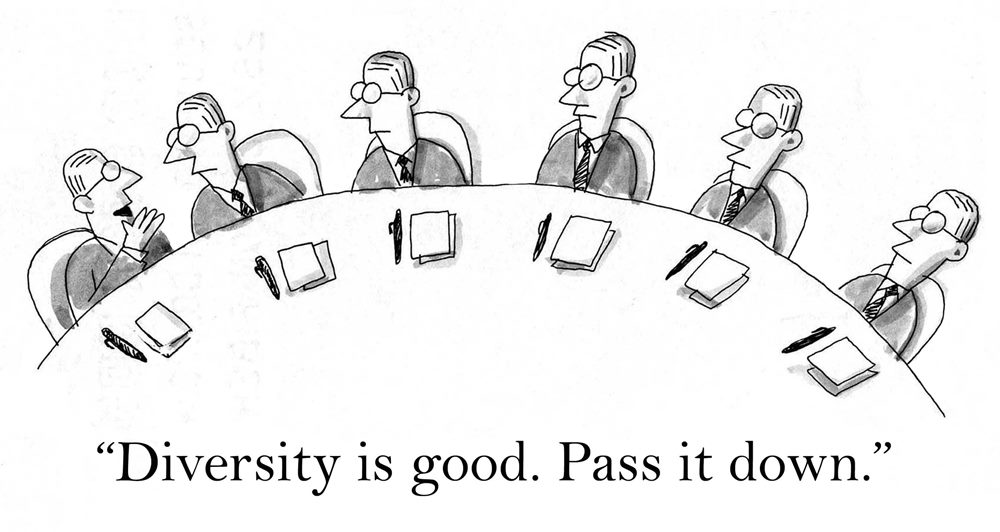
Given the inherent freedom to recruit more widely, remote teams become more geographically and culturally diverse. While you might feel more at home with people from your own cultural background and who live in your locality, the research shows that teams profit from their diversity. It makes sense that a team with a greater diversity of ages, skills and backgrounds is likely to bring more to the party than one consisting of people who all have a similar outlook on life. Scott E. Page, professor and director of the Center of the Study of Complex Systems at the University of Michigan has demonstrated that more diverse groups outperform like-minded experts. He concludes that ‘progress depends as much on our collective differences as it does on our individual IQ scores.’
In this way remote teams can be more creative than their office based equivalents where conventional thinking is more likely to happen from being part of a like minded group. Challenges are more likely to happen where people from different backgrounds and/or cultures become part of the group.
Those famous water cooler moments!

Microsoft’s work surveys have pointed to a reduction in interaction between departments as a negative side effect of remote work. While team working doesn’t seem to suffer inside a department, the links between departments which we are told are more likely to be as a result of ‘water cooler moments’ are less likely to happen. Water cooler moments seem to have become a vital component in the myth that remote work stifles creativity. Despite this being a really weird concept, there has been much written in praise of them. Are we saying that a significant percentage of the creative force in offices is accounted for by random meetings at refreshment machines? If so, this seems a very poor idea. What if the people we really need to meet fail to be thirsty at the same time? What if they prefer hot drinks?!
If we want to increase interaction between departments then we should promote and facilitate it and not depend on some combination of osmosis and random chance. Scheduling meetings between departments, encouraging social interactions and making sure you involve other departments when you’re generating new ideas is a far more logical, organised and common-sense approach.
How to generate ideas

If you’re looking to develop new products, policies or campaigns or generate ideas for a new initiative then we recommend you follow these steps:
- Inform. Launch the process with a start-up meeting. You can do this face-to-face or online. The important thing is to get across what you want to achieve and make sure everyone understands this. This isn’t an ideas session, it’s just to make sure everyone knows the requirement and gets to ask questions.
- Generate. Invitees to the original meeting go away, think deeply and come up with ideas and submit these to the manager facilitating the process. Invitees are free to think individually, discuss with others asynchronously or have synchronous meetings.
- Distribute. The manager removes duplicates and then distributes the ideas to everyone.
- Discuss/evaluate/evolve. Co-ordinated by the manager, this will be a collaborative, iterative process where ideas can be discussed and evolved using messaging, video meeting and/or face-to-face meetings.
- Finalise. Unless you’re getting stuck over major differences then this should be a clarification and finalisation meeting, together with development/implementation planning. You might want to make this a face-to-face meeting but it would work just as well as a video conference.
There’s nothing in this process that suggests being in an office all of the time will improve things. We’d argue the opposite. If you want to give people the space and time to think, don’t sit them permanently in an office, where interruptions are likely to make this difficult.
Face-to-face meetings don’t require an office, they require a meeting place and there are increasing numbers of organisations offering meeting places on a one-off or recurring basis. While you might think the travel and accommodation for these meeting might be expensive, it’s a lot less expensive than maintaining offices which for most businesses are the second largest expense item after salaries.
Is it true that remote work stifles creativity?
So, is it really true that remote work stifles creativity? Of course not! The whole idea that you need to work in an office to be creative is ridiculous. It has zero research to back it up, in fact the research points to the very opposite. You’re more likely to benefit from the creative skills of the entire team if you minimise competitive brainstorming meetings and give people time to think through ideas away from the busy and noisy environment of the office.
If you’re retaining offices because you’re convinced that they’re some magical hub of creativity then think again. It seems to us that the real reason for promoting the myth that remote work stifles creativity is that managers in many organisations cannot let go of offices and are desperately casting around for reasons to justify keeping them.
The Microsoft Work Trend Index seems to reinforce this view, with 50% of senior company leaders interviewed saying “their company already requires, or plans to require, full-time in-person work in the year ahead. The views of managers were even more extreme, with Microsoft reporting that 80% of managers worry that staff are not as productive at home as at work – 87% of workers interviewed disagree.
Gren Gale is a consultant and speaker in Remote Work and Project Management and has been named as one of the top 19 Key Opinion Leaders globally in remote work in Who’s Who in Remote Working? He is author of the Remote Project Manager and Remote Work The New Normal.
Articles and reviews on this site are written from an unbiased viewpoint. We only review products which are relevant to Remote Work or Project Management and ones we believe in. Once this article asking is it true that remote work stifles creativity was written we looked to see if some of the links could generate affiliate income. It won’t make us rich but it helps pay the rent!


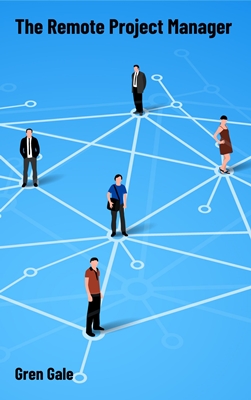
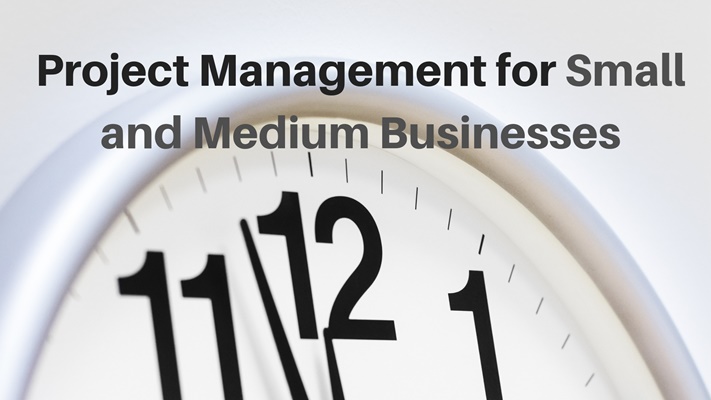
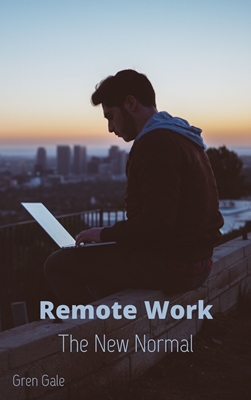
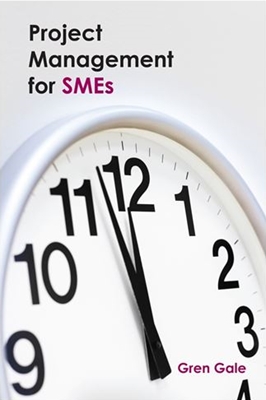
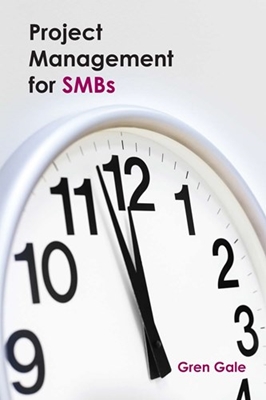

Recent Comments